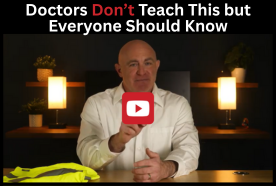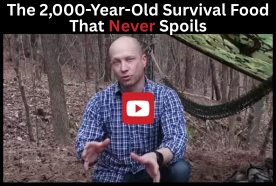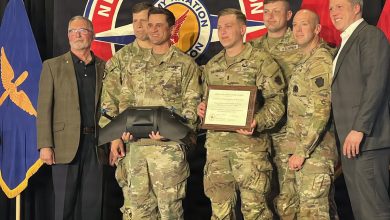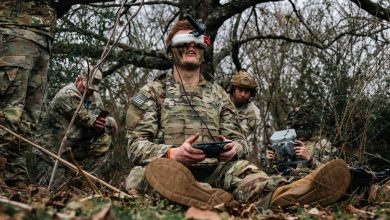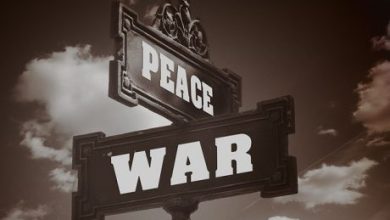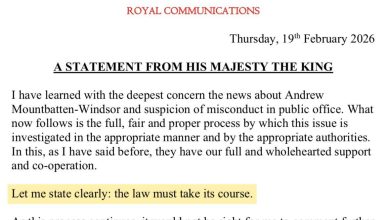Spiritual Resilience and Healing in a Collapsing World – Survivopedia
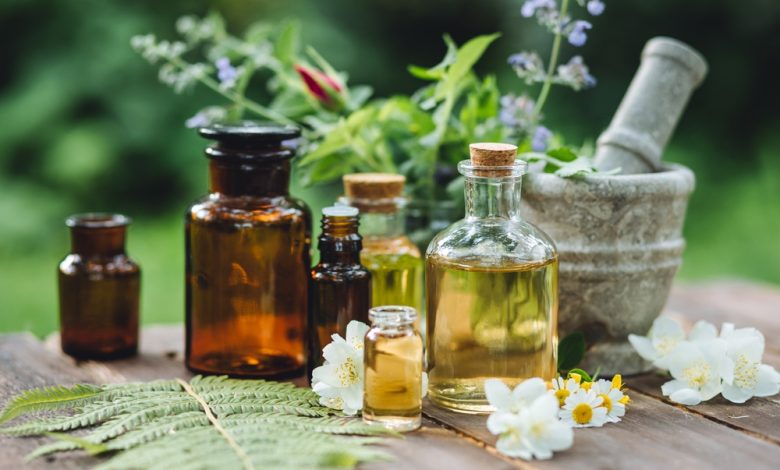
When disaster strikes and the systems we rely on fall apart, survival demands more than food and shelter. It calls for courage, clear thinking, and strong faith. Yet faith is a call to action. The Christian life was never meant to be passive. In times of chaos, we are called to serve, to comfort, and to heal.
Many believers hesitate to take medical matters into their own hands during crisis. They wonder if practicing medicine without a license crosses a moral line. But when the world collapses and doctors are gone, learning how to treat wounds, fight infection, or care for the sick is an act of love. It is obedience to Christ’s command to care for our neighbors.
Faith provides strength; knowledge provides tools. Both are needed when society unravels. Scripture never separates the two. God calls His people to pray, but also to act with wisdom and courage. Noah prayed, but he still built the ark. Joseph prayed, but he still stored grain. The same principle applies to medical preparedness.
A believer who learns first aid or herbal medicine does not show a lack of trust in God. That believer is using the mind and hands God provided. Proverbs teaches that the wise foresee danger and prepare. Learning how to dress a wound, stop bleeding, or lower a fever is an extension of stewardship, a way of caring for the life that God created.
Some may claim that faith alone should carry us through illness, that medical training shows doubt in divine power. Yet even in Scripture, God often worked through human hands to bring healing. Luke was a physician. The Good Samaritan tended a stranger’s wounds with oil and wine before bringing him to safety. The Bible honors those who act with compassion and skill.
When we learn to heal others, we do not claim God’s role. We simply take up our part in His work. Medicine, when practiced with humility and prayer, becomes an act of service. Ambroise Paré, a Christian surgeon, once said, “I dressed his wounds, and God healed him.” That spirit should guide every Christian preparing for hard times.
During a collapse, you may be the only person able to help. If a child breaks an arm, if infection threatens, or if someone cannot breathe, standing by and doing nothing would be the greater sin. Scripture calls us to love our neighbor as ourselves. Love does not turn away from suffering. It uses every bit of knowledge available to bring relief.
Faith and medicine are allies. One brings peace to the heart; the other brings aid to the body. When both work together, people survive, recover, and often find renewed belief in God’s mercy.
Preparing medical supplies and learning basic care is an act of obedience, not fear. Christians are told to be wise stewards of what they have been given. That includes the ability to learn and to teach others. When you study how to clean a wound or identify safe herbs, you prepare not only for your family but also for the souls God may place in your path.
The Church has a long tradition of healing. The first hospitals were founded by Christians who saw caring for the sick as sacred duty. In times of plague and war, believers risked their lives to comfort the dying. They did not wait for permission to help. They understood that saving a life honors the Creator of life.
If modern systems fail, Christians must once again be the hands of mercy. Your home may become a small clinic, your kitchen a place of relief. Stocking bandages, antibiotics, and herbal remedies shows faith in action. It prepares you to live out Christ’s command to feed the hungry, care for the sick, and comfort the afflicted.
Faith is also about engagement. During the Great Depression, faithful families prayed for God’s provision while learning practical ways to care for one another. During wars and disasters, believers have nursed the wounded and shared what little they had. Their example proves that compassion and preparedness go hand in hand.
When the next crisis comes, whether it’s an earthquake, pandemic, or civil breakdown, Christians who have prepared can shine the light of Christ. A calm heart guided by prayer and skilled hands guided by practice can save lives. Those acts of mercy testify more powerfully than words.
In times of collapse, tending the sick and learning medicine are sacred duties. God expects His people to use the knowledge and resources He provides. Prayer and action together form the foundation of true resilience.
When you prepare now, you become an instrument of God’s compassion. You become the one who steps forward when others turn away. In a dark world, that is what it means to live your faith.
Scripture says, “Whatever you do, do it all for the glory of God.” Healing, teaching, and comforting can all bring glory to Him. A Christian who learns to heal others stands ready not just to survive, but to serve. And in serving, we reflect the heart of Christ, the Great Physician who heals both body and soul.
1. Start a Home Medical Library. Collect reliable first aid manuals, herbal medicine guides, and natural healing references in print. Power may fail, but knowledge on paper endures.
2. Learn Basic First Aid. Practice bandaging, splinting, and wound cleaning until it becomes second nature.
3. Build a Medical Supply Cache. Stock bandages, disinfectants, over-the-counter medicines, and essential oils. Keep them dry and organized.
4. Study Herbal and Natural Remedies. Learn which local plants reduce pain, fever, or infection. God’s creation offers abundant medicine when modern drugs are gone.
5. Prepare to Serve Others. Equip your church or community group to act as a care center in crisis. Each person’s skills, whether medical, mechanical, or spiritual, can become a lifeline.
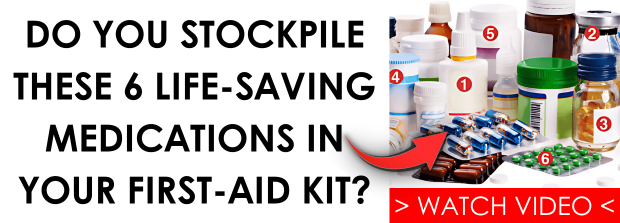
When there is no doctor, the Christian must still be the healer. With faith in your heart and knowledge in your hands, you can honor God by protecting life. Healing is not a sin. It is service. It is love in action, the kind of love that lights the darkest days and gives glory to the One who heals all wounds.




